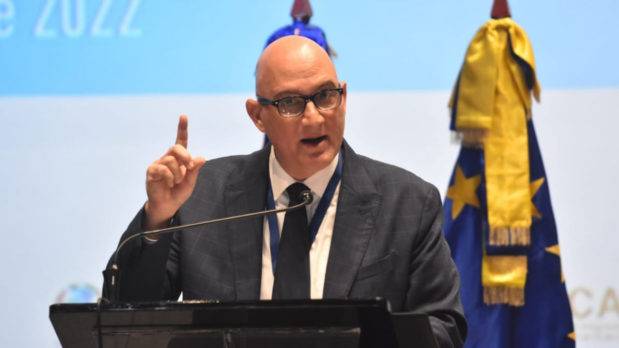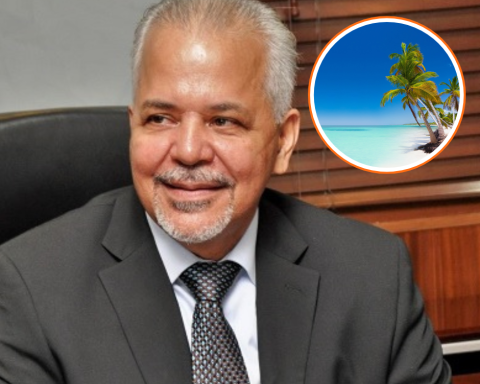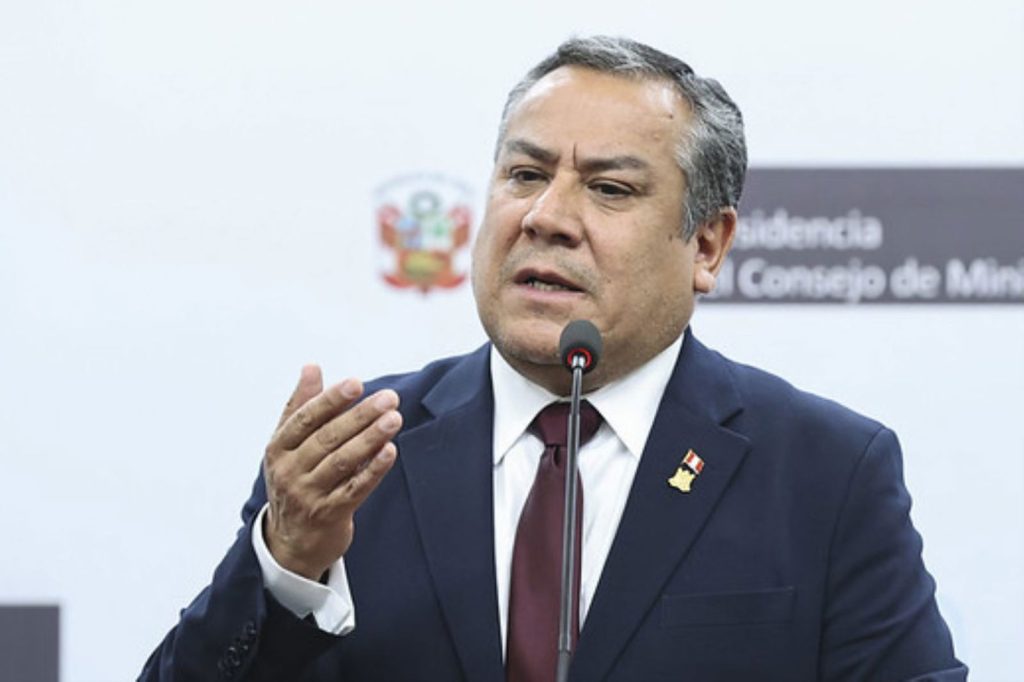“Progressive tax rates should be an important component of tax reform,” said the Minister of Economy, Planning and Development, Pável Isa
The Minister of Economy, Planning and Development, Pavel Isa Contrerassaid yesterday that the tax reform will be progressive, meaning that it will affect the poorest less and the richest more.
He added, however, that if the reform falls on the least able people, the Government will use the instruments to compensate for this through salary increases and monetary compensation.
He said the tax reform will eliminate some exemptions that are not productive and there will be some changes in tax rates.
He said there would also be spending cuts to make the government’s fiscal deficit more sustainable, so that the country’s debt burden would be alleviated in the coming years.
“The idea of tax reform is to put the public deficit on a more sustainable path. That means we have to collect more“said the official prior to the workshop to update the National Monitoring and Evaluation System held at the Catalonia Hotel.
“Progressive tax rates should be an important component of tax reform. We hope that Congress will be sensitive to the Government’s proposal and that an agreement can be reached that we can all feel more or less comfortable with,” he said.
In addition to controlling the deficit, the tax reform seeks to enable the State to finance the essential investments in education, health, energy, public safety, environmental protection and justice.
Currently, the State does not have the capacity to finance the needs of the population, which is why it is essential to carry out a fiscal reform, which will surely be presented soon.
Minister Isa Contreras said he has not yet defined what percentage of GDP he intends to achieve with the tax reform.
He said the government wants a tax reform that will raise a lot of resources to enable the state to finance what is essential for the population.
The government will push for a tax reform proposal, but it will have to be discussed in Congress with economic stakeholders until some kind of agreement is reached, he said.
Yesterday’s training, led by Isa Contreras and the Vice Minister of Planning and Public Investment, Jeffrey Lizardosought to provide a space for dialogue to present the current development of the country’s National Monitoring and Evaluation System, based on the monitoring capacity surveys, evaluation capacities and the National Evaluation Capacity Index 2023.
International experts also participated in the event, including the director of ILPES-ECLAC, Cielo Morales, and the senior manager of Training and Education at the J-PAL LAC office, Shantal Aragón, among others.















